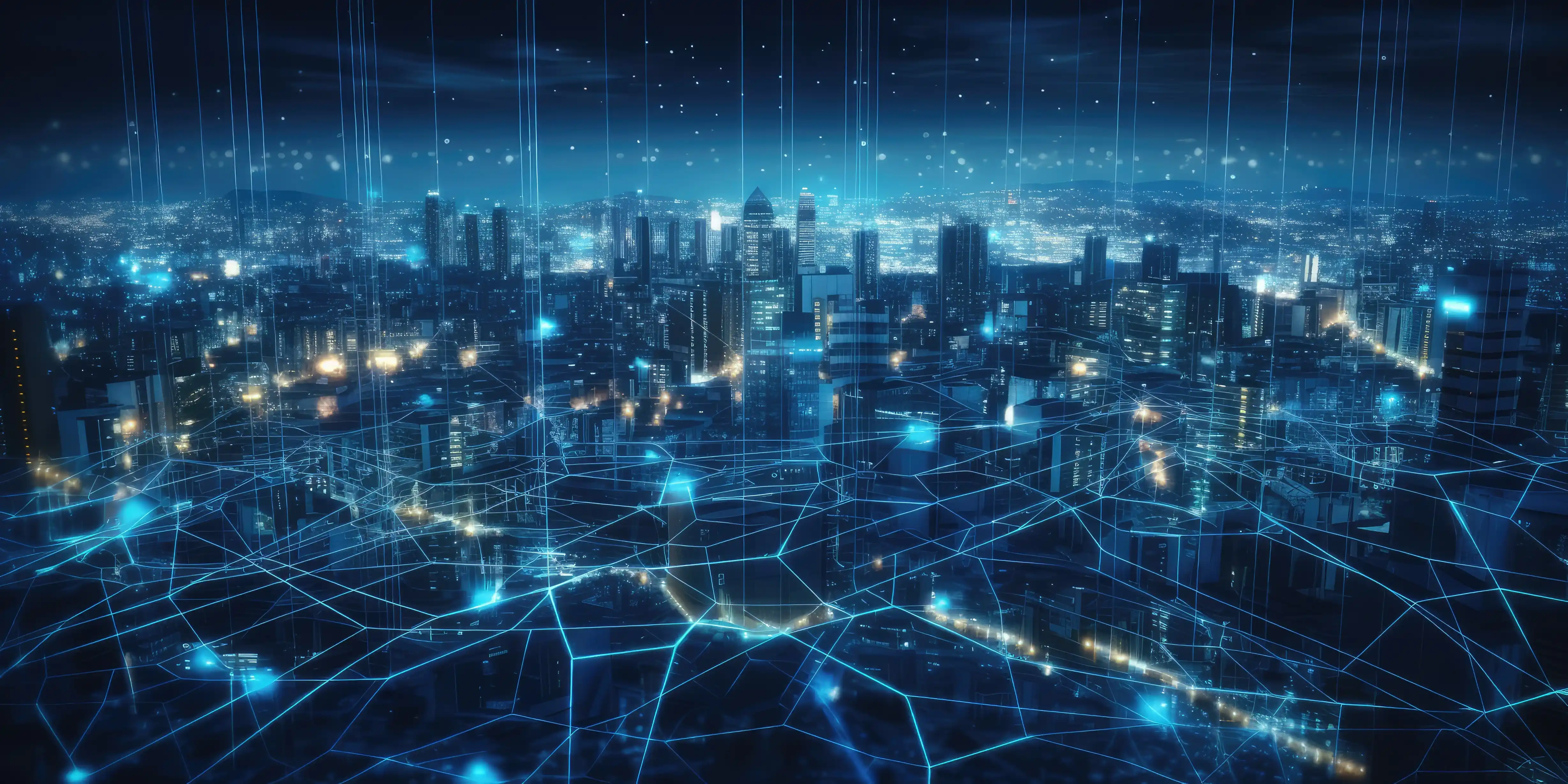

_11zon.webp) 28-Feb-2024 03:44:41 PM
28-Feb-2024 03:44:41 PM
Introduction
Politics, the intricate dance of power, policies, and societal dynamics, is the cornerstone of governance in any society. In this extensive 5000-word article, we embark on an exploration of politics, examining its historical evolution, the diverse ideologies that shape it, and the profound impact it has on individuals and communities.
Section 1: The Foundations of Politics
1.1 Defining Politics in a Global Context
Politics, as a multifaceted concept, plays a crucial role in shaping the destiny of nations. This section provides a comprehensive definition of politics, highlighting its global relevance and the various forms it takes in different cultural and historical contexts.
1.2 The Historical Evolution of Political Systems
Tracing the roots of political systems, we explore the development of governance structures from ancient civilizations to modern nation-states. This historical perspective offers insights into the diverse paths that political evolution has taken.
Section 2: Ideologies that Shape Politics
2.1 Liberalism, Conservatism, and the Spectrum of Ideologies
Political ideologies form the bedrock of political thought. We delve into the core tenets of liberalism and conservatism, exploring how these ideologies, along with others, shape political discourse and policy-making.
2.2 Socialism, Communism, and Alternative Visions
Examining alternative visions of governance, this subsection explores socialism, communism, and other ideologies that challenge the status quo. We discuss their historical roots, key principles, and their impact on political movements worldwide.
2.3 Nationalism, Globalism, and the Struggle for Identity
Nationalism and globalism represent contrasting forces in contemporary politics. This section examines the rise of nationalism, the push for global cooperation, and the ongoing struggle for identity in a rapidly changing world.
Section 3: The Mechanics of Political Systems
3.1 Democracy: The People's Voice
Democracy, as a governing principle, is explored in depth. We discuss its various forms, the principles of representative democracy, and the challenges it faces in balancing individual freedoms with collective decision-making.
3.2 Authoritarianism and Totalitarianism
Contrasting democratic systems, this subsection delves into authoritarian and totalitarian regimes. We examine the characteristics of centralized power, the impact on individual liberties, and the historical contexts that have given rise to such systems.
3.3 Political Institutions: Legislatures, Executives, and Judiciaries
An analysis of the three pillars of political power – legislative, executive, and judiciary – is provided in this section. We explore the role each institution plays in the functioning of a government and the checks and balances that aim to prevent abuse of power.
Section 4: The Role of Political Parties
4.1 Political Parties: Agents of Representation
Political parties are instrumental in shaping political landscapes. This subsection delves into the functions of political parties, their role in elections, and the influence they wield in forming and implementing policies.
4.2 Party Systems and Political Competition
Examining different party systems, from two-party to multi-party systems, we explore how the structure of political competition influences governance and policy outcomes. We also discuss the challenges and benefits associated with various party systems.
Section 5: Political Processes and Elections
5.1 Election Systems: Proportional Representation and First-Past-the-Post
Different election systems impact the representation of diverse voices. This section provides an analysis of proportional representation and first-past-the-post systems, discussing their strengths, weaknesses, and implications for political outcomes.
5.2 Campaigns, Propaganda, and the Media's Role
The role of political campaigns, propaganda, and media influence in shaping public opinion is explored in this subsection. We discuss the impact of information dissemination on political processes and the challenges of ensuring transparency.
Section 6: Global Politics and International Relations
6.1 International Diplomacy and Relations
International relations shape the geopolitical landscape. This section explores the dynamics of diplomacy, the role of international organizations, and the complexities of maintaining peace and stability in a globalized world.
6.2 Global Issues: Climate Change, Human Rights, and Global Health
Examining politics from a global perspective involves addressing pressing issues such as climate change, human rights, and global health. We discuss the role of politics in tackling these challenges and fostering international cooperation.
Section 7: Contemporary Political Challenges
7.1 Populism and Its Impact on Democracy
The rise of populism is a significant contemporary challenge. This subsection explores the characteristics of populist movements, their impact on democratic institutions, and the underlying societal factors that contribute to their emergence.
7.2 Political Polarization and Social Divides
Political polarization has become a defining feature of many societies. We discuss the causes and consequences of political polarization, exploring strategies for fostering dialogue and bridging social divides.
7.3 Ethical Dilemmas in Politics
Ethical considerations are paramount in political decision-making. This section examines ethical dilemmas in politics, addressing issues such as corruption, human rights violations, and the moral responsibilities of political leaders.
Section 8: The Future of Politics
8.1 Emerging Trends and Technologies
The future of politics is intertwined with technological advancements. This subsection explores how emerging technologies, such as artificial intelligence and blockchain, are influencing political processes and governance.
8.2 Youth Engagement and the Changing Face of Political Activism
The role of youth in shaping the future of politics is discussed in this section. We explore the changing nature of political activism, the impact of social media, and the potential for youth-driven movements to effect positive change.

Wanderlust Chronicles: Embarking on a Journey of Discovery through the World of Travel

Unveiling the Wonders: A Comprehensive Exploration of Science and Its Endless Frontiers

Harmonizing Life: Navigating the Tapestry of Modern Lifestyle

Tech Horizons: Navigating the Present and Imagining the Future of Technology

Beyond the Scoreboard: The Unparalleled Impact and Diversity of Sports
_11zon.webp)
Politics Unveiled: Navigating the Complexities of Power, Policies, and Societal Impact